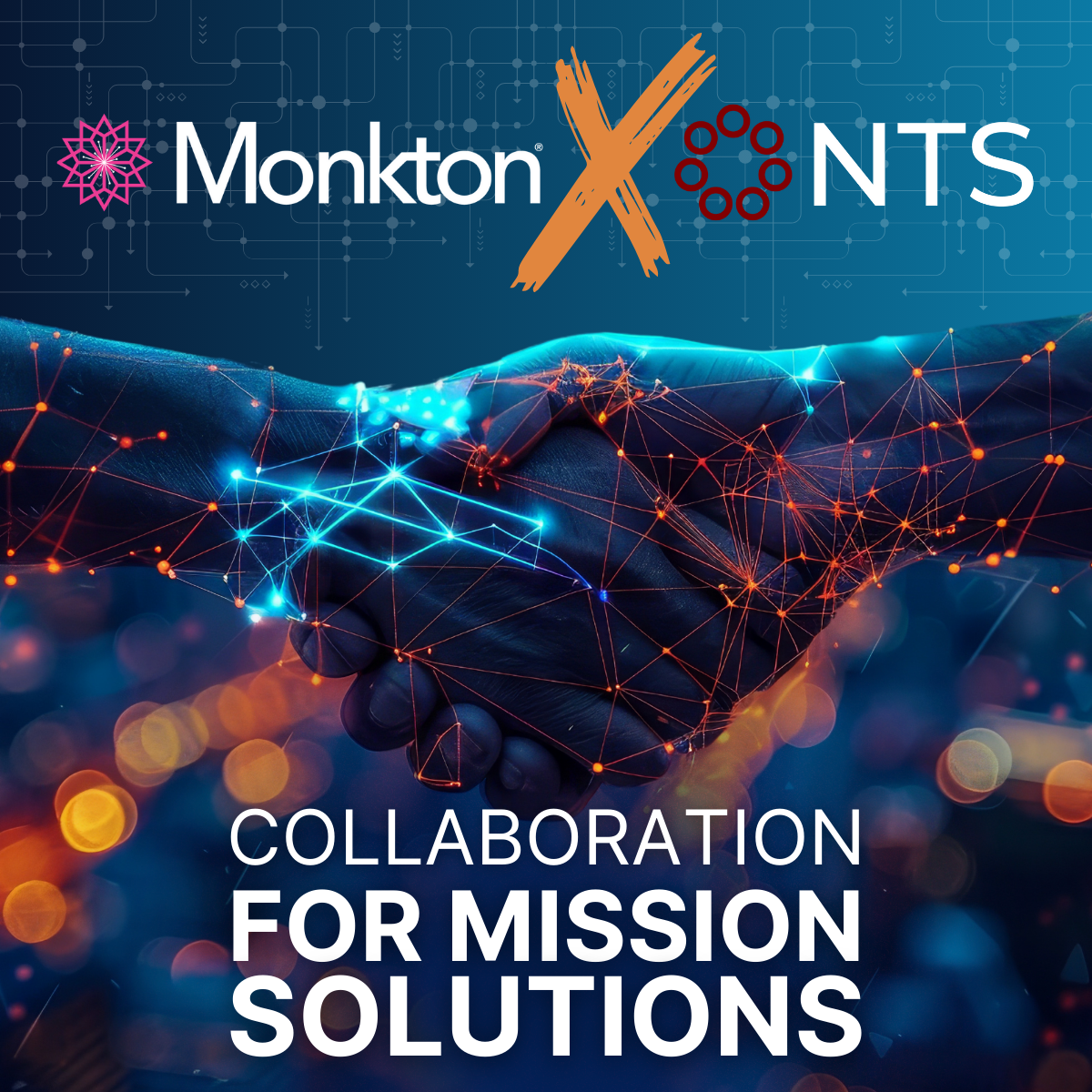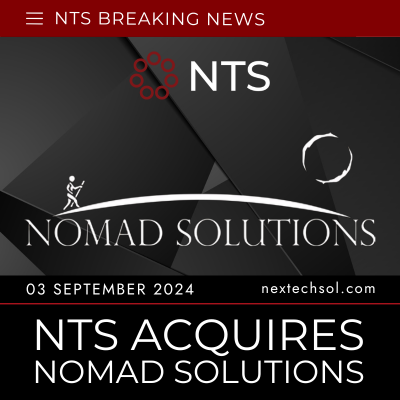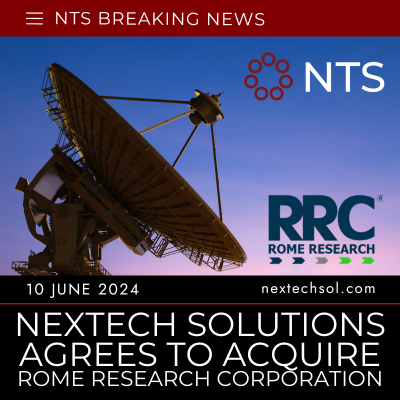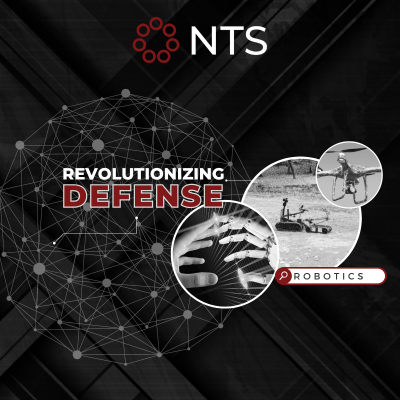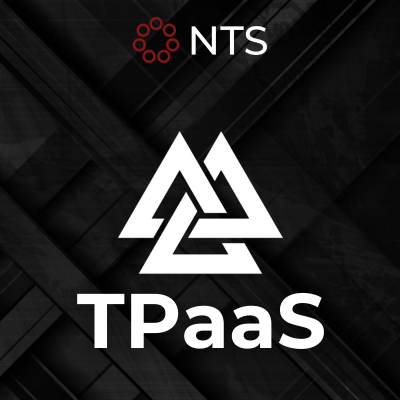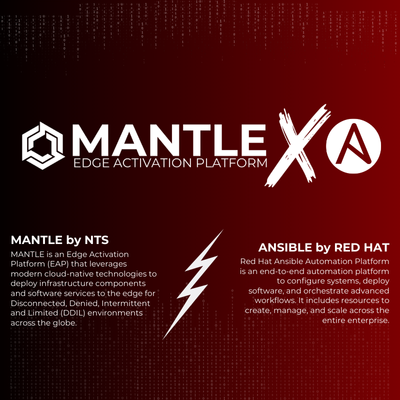The Role of Data Modernization in Modernizing the Defense Industry
In today’s rapidly evolving technology landscape, the defense industry is facing new and complex challenges.
One of the most pressing issues is the management and utilization of vast amounts of data. With a plethora of data sources and an ever-growing need for data analysis, the defense industry must modernize its data systems to remain effective. This is where data modernization comes in.
WHAT IS DATA MODERNIZATION?
Data modernization refers to the process of improving and updating an organization’s data systems to ensure they are capable of supporting current and future business requirements. It involves modernizing the technology and processes used to manage and analyze data, with a focus on improving the quality, accessibility, and security of data.
KEY COMPONENTS OF DATA MODERNIZATION INCLUDE:
- Data migration: The process of moving data from one system to another.
- Data governance: The policies, procedures, and technologies used to manage data.
- Data quality: The accuracy and consistency of data.
- Data security: The measures taken to protect data from unauthorized access or theft.
Benefits of data modernization include improved data accessibility, better decision-making, enhanced security, and improved operational efficiency.
WHY IS DATA MODERNIZATION IMPORTANT FOR THE DEFENSE INDUSTRY?
The defense industry faces many challenges when it comes to managing data, including:
- Outdated data systems: Many organizations are still relying on outdated data systems that are unable to handle the vast amounts of data generated today.
- Data silos: Data is often stored in silos, making it difficult for different departments or organizations to access and analyze the data they need.
- Data security: The defense industry is a prime target for cyber attacks, and outdated data systems can make it easier for attackers to penetrate the network.
Data modernization addresses these challenges by enabling organizations to manage and analyze data in a more efficient and effective manner. It helps to improve the quality and accessibility of data, making it easier for organizations to make better decisions. Additionally, data modernization enhances data security by using the latest technologies and processes to protect data from cyber-attacks.
THE BENEFITS OF DATA MODERNIZATION FOR THE DEFENSE INDUSTRY
Data modernization offers many benefits to the defense industry, including:
- Improved operational efficiency: With modern data systems, organizations can process data faster and more accurately, leading to improved operational efficiency.
- Better decision-making: Data modernization enables organizations to access and analyze data more easily, leading to better decision-making and improved outcomes.
- Enhanced security and data privacy: Data modernization helps to enhance data security by using the latest technologies and processes to protect data from cyber-attacks.
- Improved collaboration and data sharing: Data modernization makes it easier for different departments and organizations to access and analyze data, leading to improved collaboration and data sharing.
The Department of Defense has launched a new Data Strategy aimed at transitioning to a data-centric organization that uses data for operational advantage and increased efficiency. The Strategy highlights the criticality of data in building and maintaining battlefield advantage and emphasizes the need to manage information systems on par with weapon systems.
The implementation of the Data Strategy will require the automation of numerous data pipelines, and the building of an enterprise-wide team of data leaders to work toward the Strategy’s seven goals.
- Make Data Visible – Consumers can locate the needed data.
- Make Data Accessible – Consumers can retrieve the data.
- Make Data Understandable – Consumers can recognize the content, context, and applicability.
- Make Data Linked – Consumers can exploit data elements through innate relationships.
- Make Data Trustworthy – Consumers can be confident in all aspects of data for decision-making.
- Make Data Interoperable – Consumers have a common representation/ comprehension of data.
- Make Data Secure – Consumer data is protected from unauthorized use/manipulation.
DATA MODERNIZATION APPROACHES AND BEST PRACTICES
There are several approaches to data modernization, including:
- Cloud-based data modernization: The use of cloud-based data systems to manage and analyze data.
- Data governance: The implementation of policies, procedures, and technologies to manage data.
- Automation and Artificial Intelligence: The use of automation and artificial intelligence to improve data processing and analysis.
- Data standardization: The process of standardizing data to ensure consistency and accuracy.
APPROACHING DATA MODERNIZATION
It is important for organizations to consider their specific needs and requirements when selecting a data modernization approach. Additionally, it is crucial to implement best practices for data modernization, including:
- Establishing a clear data strategy: Organizations should develop a clear data strategy that outlines their goals and objectives for data modernization.
- Ensuring data quality: A major challenge that organizations face in the defense industry is ensuring that data is collected and stored in a manner that is secure, accurate, and consistent. This can be particularly challenging in a highly dispersed environment where data is being collected from multiple sources and stored in various systems. With the use of data modernization techniques such as standardization, normalization, and automation, organizations can ensure that data is consistent across all systems and platforms, improving the quality of data analysis and decision-making.
- Streamlining processes: In a fast-paced, dynamic environment such as the defense industry, having processes that are streamlined and efficient is critical. By modernizing their data systems, organizations can automate repetitive tasks and streamline processes, freeing up time and resources that can be better spent on more important tasks. This can be achieved through the use of cloud-based solutions, automation tools, and other advanced technologies.
- Enhancing collaboration: One of the key benefits of data modernization is the ability to enhance collaboration and information sharing between departments and organizations. With modern data systems in place, it becomes easier for teams to access and share information in real-time, improving communication and decision-making. This can be particularly important in a fast-paced and dynamic environment where quick and effective decision-making can be the difference between success and failure.
- Improving cybersecurity: The defense industry is a prime target for cyberattacks, and the consequences of a successful attack can be devastating. By modernizing their data systems, organizations can improve their cybersecurity posture and reduce the risk of successful cyberattacks. This can be achieved through the use of encryption, multi-factor authentication, and other advanced security measures.
- Reducing costs: Data modernization can also help organizations reduce costs by improving efficiency and streamlining processes. By automating repetitive tasks and standardizing data collection and storage, organizations can reduce the need for manual intervention and improve their bottom line. Modern data systems can also help organizations reduce their infrastructure costs by moving to a cloud-based solution, where hardware and maintenance costs are reduced.
The National Defense and Digital Modernization Strategies are supported by the DOD Data Strategy, which outlines the necessary overarching vision, focus areas, guiding principles, essential capabilities (4 Essential Capabilities: Architecture; Standards; Governance; Talent & Culture), and goals required to transform the Department into a data-centric enterprise. These principles include:
- Data is a Strategic Asset
- Collective Data Stewardship
- Data Ethics
- Data Collection
- Enterprise-Wide Data Access and Availability
- Data for Artificial Intelligence Training
- Data Fit for Purpose
- Design for Compliance
In closing, data modernization is a critical component of modernizing the defense industry. By improving data quality, streamlining processes, enhancing collaboration, improving cybersecurity, and reducing costs, organizations in the defense industry can stay ahead of the competition and maintain a competitive advantage. With the right technology, processes, and people in place, you can embrace change and remain at the forefront of technological innovation.
NexTech Solutions is a leader in data modernization and has helped organizations in the defense industry achieve these benefits. Contact us today to learn more about how we can help your organization modernize its data systems and achieve its goals.
